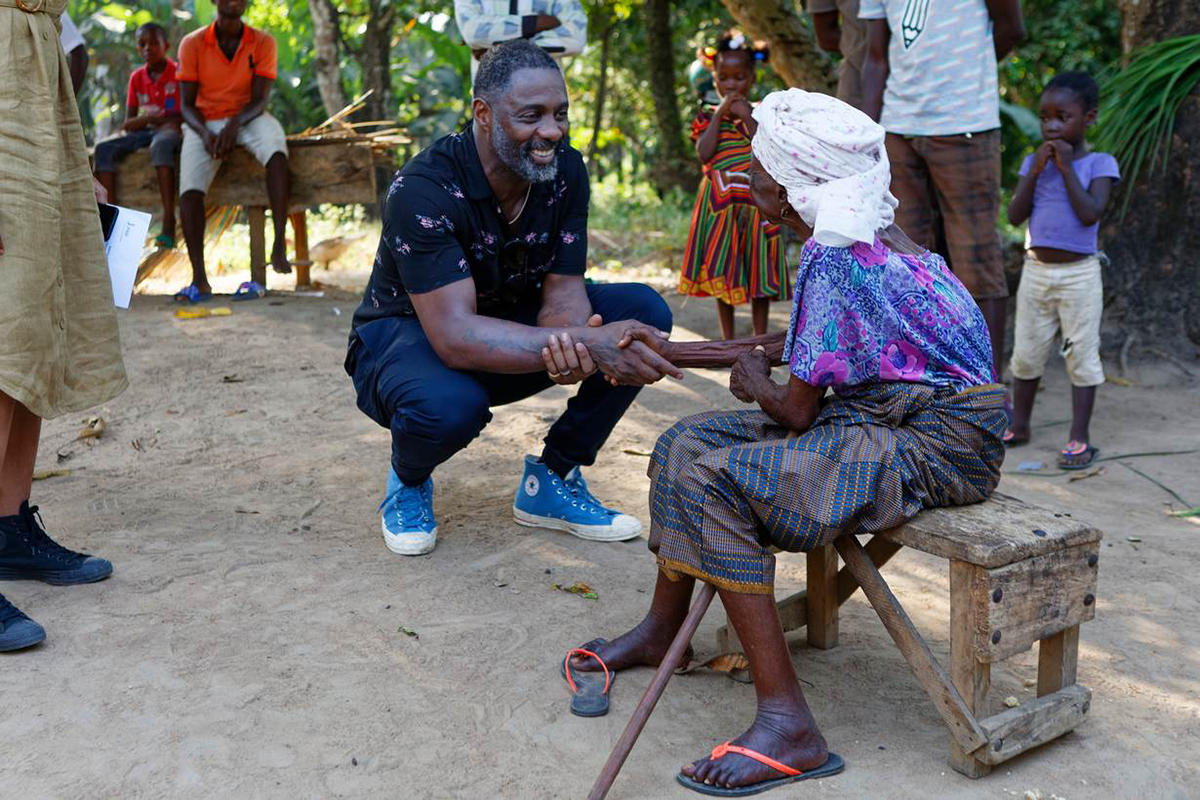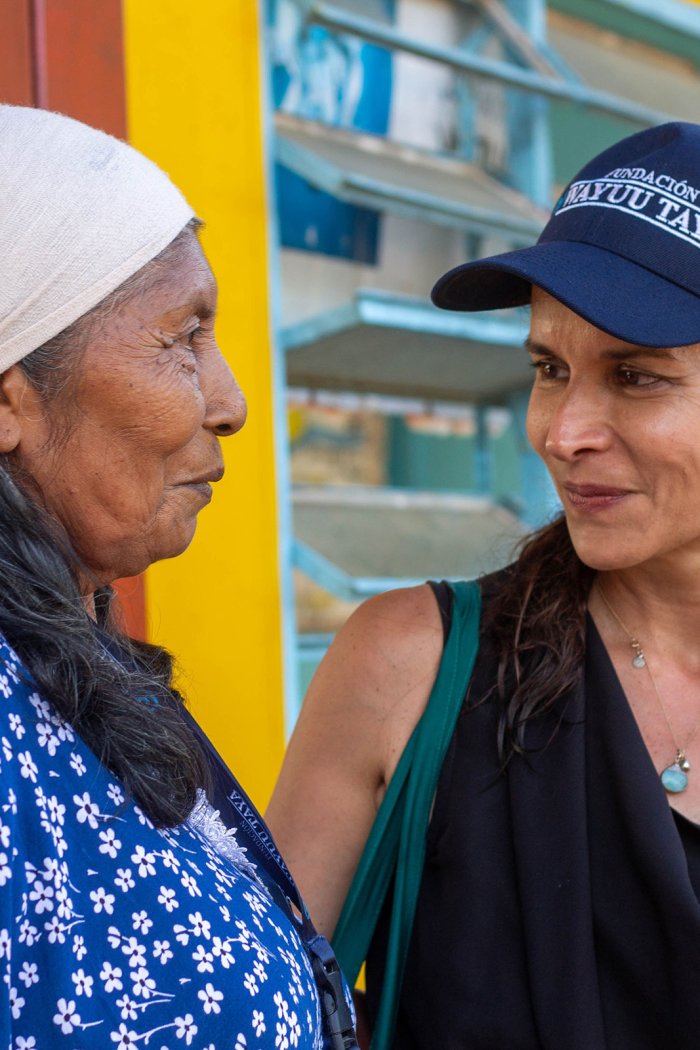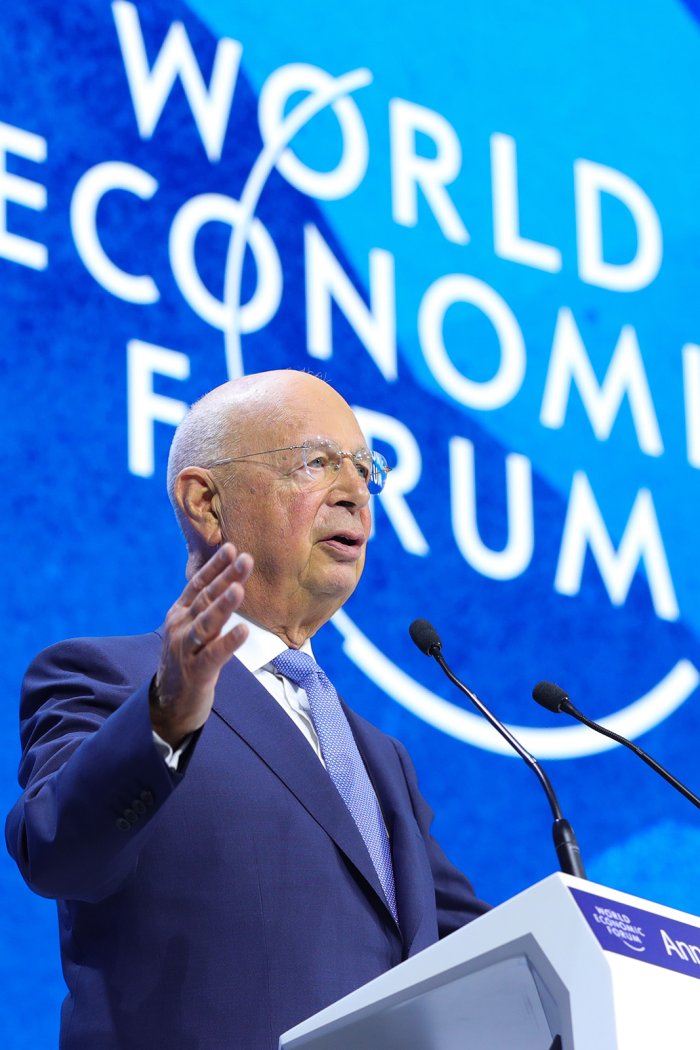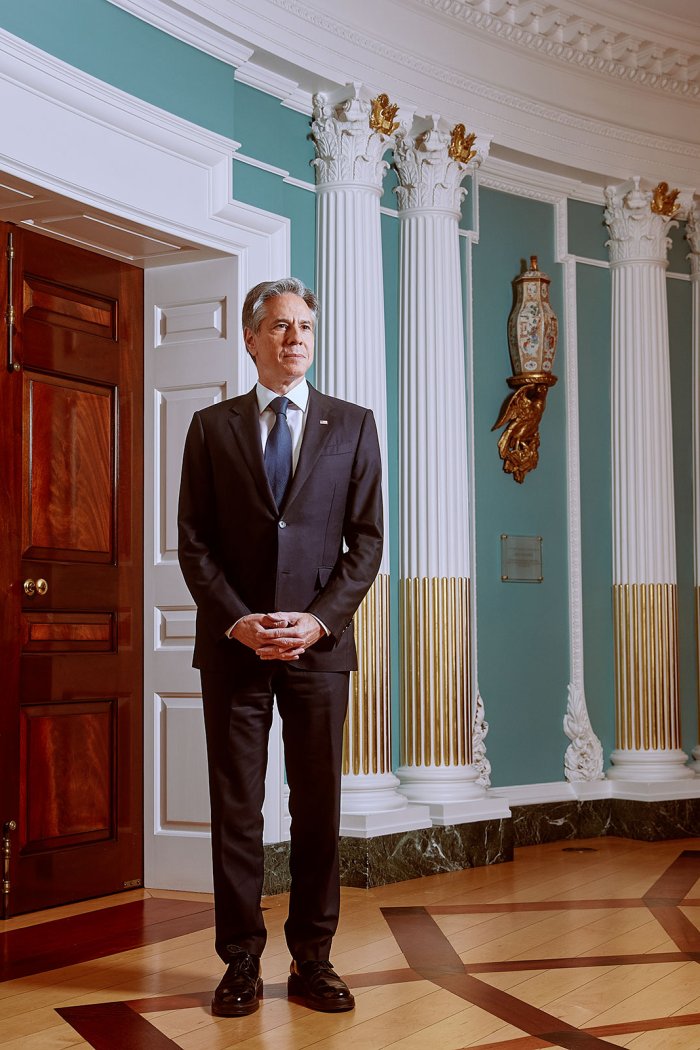Last year the World Bank reported that at least 1 in 5 Africans goes to bed hungry and an estimated 140 million people in Africa face acute food insecurity. That is 20% of the African population who require urgent and critical interventions to transform their livelihoods. These numbers are staggering, and are a motivating force for my activism.
I’m often asked why I am so interested in the causes I work on. “You’re an actor, why the focus on farming and climate?”
It raises the question, What makes a climate activist? To me, activism means showing up for the causes you believe in and working to effect positive change. That could be by signing a petition, making a donation, or joining a protest. It could also be picking up litter to improve your environment or planting seeds in neglected public spaces. In my view, anyone who cares about the planet and the people on it is a climate activist. Whatever you care about, activism is the simple act of showing up and letting your voice be heard.
I’m not a farmer, but I love my vegetables. And I’m thankful for the food I eat because I know where it’s grown. I also know that the people who are growing it are often hungry and unheard.
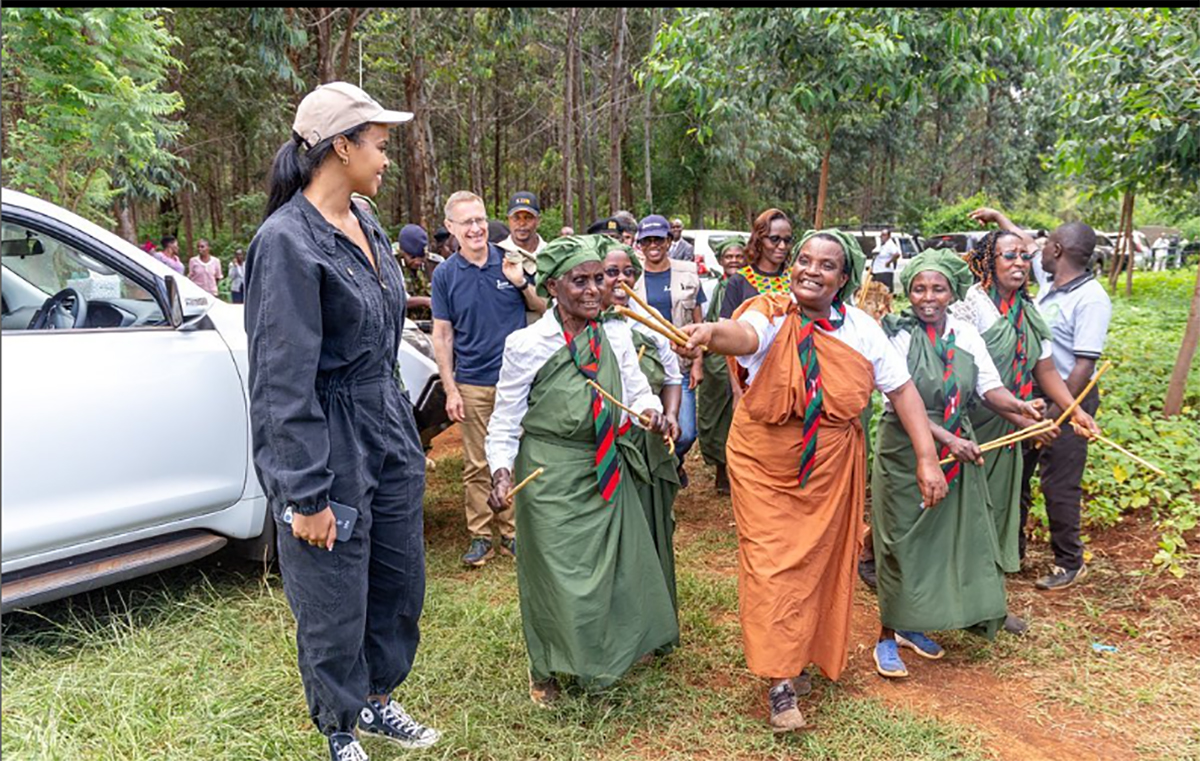
Each day, more than 820 million people around the world go hungry, and the wealth gap is widening. Around 80% of the world’s poorest people live in rural areas, where they are vulnerable to climate-induced droughts, rising temperatures, floods, and erratic rain patterns, according to the International Fund for Agricultural Development (IFAD), a U.N. agency. By some estimates, up to a billion people could be displaced because of environmental pressures by 2050.
My wife Sabrina is of Somali descent, and my heritage is from Sierra Leone and Ghana. Each of those countries has witnessed deprivation, poverty, drought. As proud descendants of African immigrants, we wish to consciously leave a positive imprint that will give rise to significant changes for future generations.
IFAD—which Sabrina and I have worked with as Goodwill Ambassadors—estimates that 63% of the world’s poor people work in agriculture, mostly on small farms. Centering rural development around agriculture can have enormous impact, helping to spread prosperity through communities and societies. IFAD has done incredible work investing in the millions of rural people in developing countries around the world to address poverty and hunger.
Agriculture is a cornerstone of Africa’s development. It is a key driver for economic growth, which is what allows communities to lift themselves out of poverty. Compared with investment in other sectors, farming is two to three times more effective at reducing poverty and food insecurity, according to IFAD.
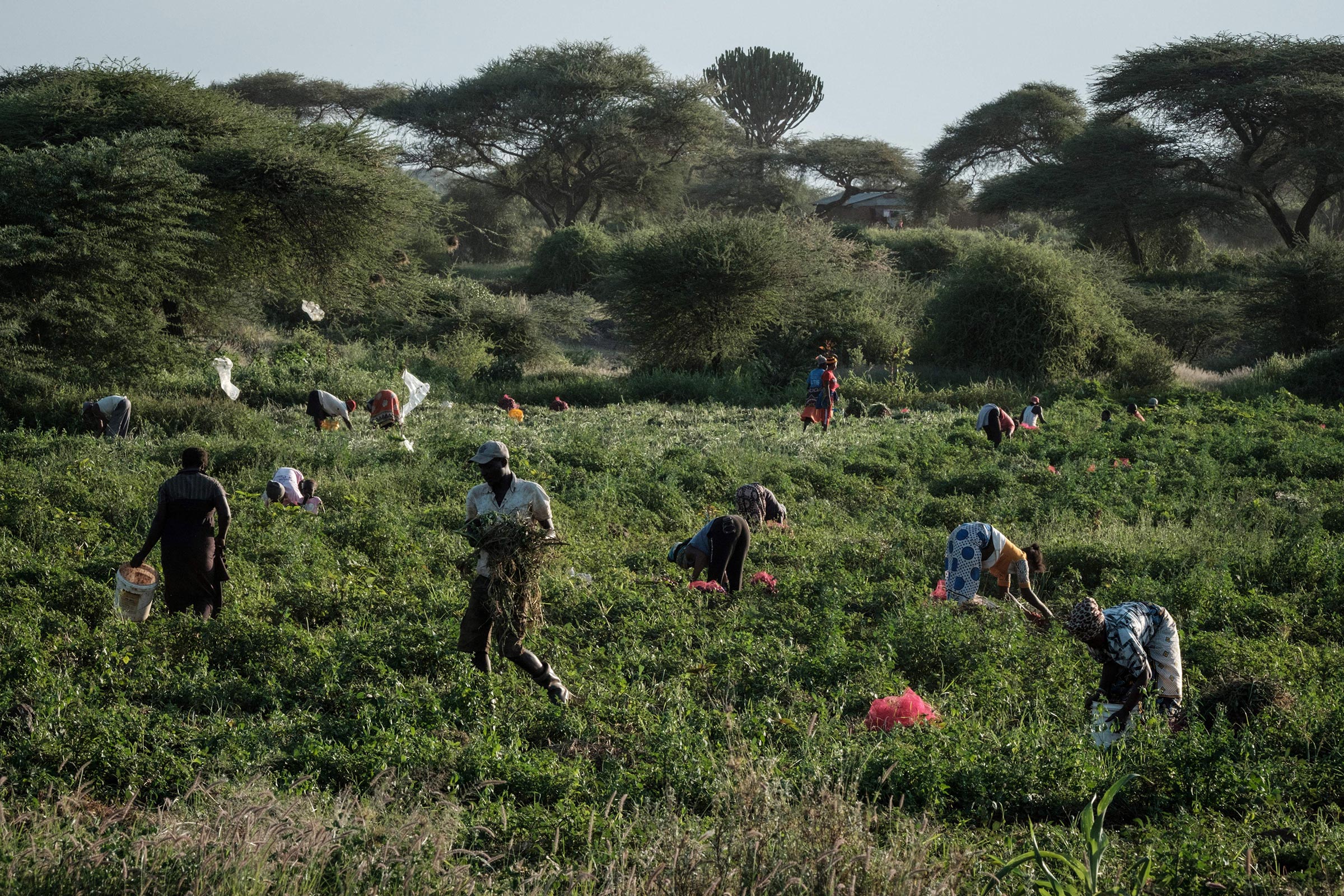
We believe bringing an end to extreme poverty and hunger requires stepping up and deepening targeted investment in rural areas. That knowledge was the impetus for and our call to action in creating the Elba Hope Foundation. Our work affirms and organizes a commitment to fostering transformative, community-led change for the betterment of Africa and the African diaspora.
To do this, we are moving away from the traditional aid-based model of philanthropy and toward a longer-term system-based investment model. For me and those who invest in our work, it’s a simple formula. My activism involves making known the plight of rural people who are most at risk of being left behind: poor, small-scale farmers, women, young people, Indigenous peoples, and other vulnerable groups living in these areas—and finding necessary and innovative solutions to ensure no one is overlooked.
Our vision is centered on sustainable progress, the responsible stewardship of agriculture and the environment, and youth advocacy: providing future generations of African and diaspora youth with opportunities to learn and claim the power of their history, identity, and community, to build the future they want to see.
One example of this work is Project TRUST, an Elba Hope Foundation program working to improve rural livelihoods and the income that workers make, while also working to ensure the protection and regeneration of forests and cocoa farmlands.
We believe that if we can empower small-scale rural farmers and provide them with access to credit, technology, and markets, we will see an immediate lift in the challenge of food security. That conversation must also include addressing climate change, since farmers are on the front lines of the environmental crisis. This work affects all of us. After all, it is the smallholder farmers, largely in the Global South, who feed much of the world.
Elba is an actor, artist, and philanthropist
- L.A. Fires Show Reality of 1.5°C of Warming
- Behind the Scenes of The White Lotus Season Three
- How Trump 2.0 Is Already Sowing Confusion
- Elizabeth Warren’s Plan for How Musk Can Cut $2 Trillion
- Why, Exactly, Is Alcohol So Bad for You?
- How Emilia Pérez Became a Divisive Oscar Frontrunner
- The Motivational Trick That Makes You Exercise Harder
- Zelensky’s Former Spokesperson: Ukraine Needs a Cease-Fire Now
